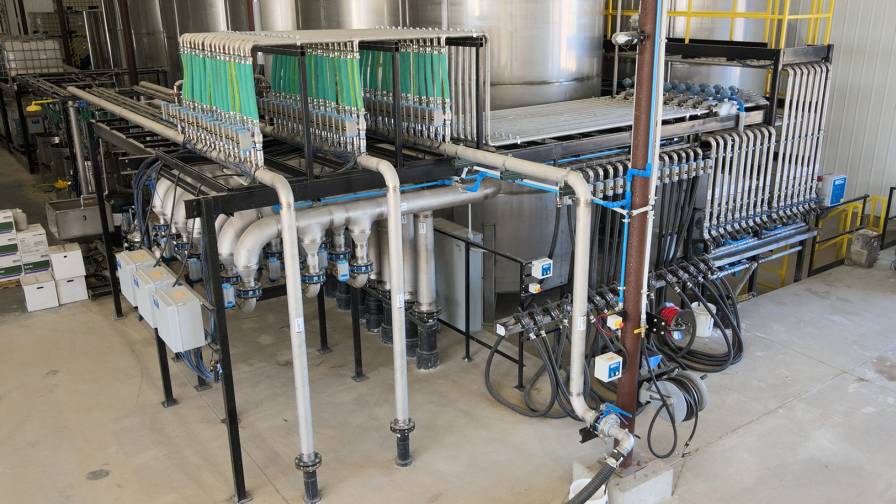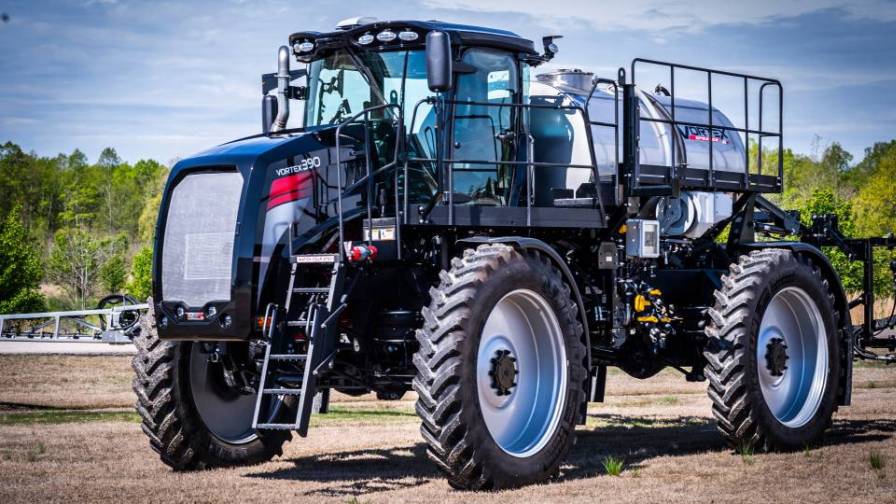Biologicals Need Clear, Consistent and Credible Messaging
A global fertilizer shortage and mounting pressure for climate-friendly farming practices is driving increased interest in biologicals. But, we can’t assume farmers will use biologicals because they have no other choice.
Farmers will not adopt new technologies they don’t understand or trust to work, consequently confusion about and distrust of biological products is keeping many growers from adopting them.
In a 2021 Biologicals Survey by CropLife® magazine, 37% of leading ag retailers reported “a lack of trust in the product’s performance” as a barrier to adoption of biologicals. A September 2021 article described biologicals as an “ocean of untapped opportunity” due to confusion, mistrust and unawareness of solutions biologicals provide.
At DPH Biologicals, we believe biological manufacturers must bear the responsibility of overcoming this knowledge and trust gap.
Understanding, Educating, Defining and ‘Proofing’ Biologicals
Biologicals are a way of viewing the plant management landscape which reframes the last several generations of how growers have managed their crop health. That will require education to accomplish.
The science behind biologicals is complex, unearthing insights and novel, nature-derived modes of action that have not been fully studied before, much less developed and commercialized. As the industry has matured, biological technologies once only accessible to a small segment of growers are now being scaled for conventional, broad acre farms at price points and with functionality designed to fit their production needs.
But biologicals require a more holistic, systems-based mindset compared to the traditional ag-chemical approach of the last 70 years. Farmers tell us they need to better understand how to incorporate biological products into their current production framework and with their existing equipment and production methods.
But a best-practices education isn’t all that is holding back biologicals. There is confusion in the biological marketplace regarding how we define and regulate this new approach to crop management.
Market Confusion Has Fostered Mistrust in Biologicals
In the U.S., there is no universally consistent and clear regulatory path for authorizing biofertilizers and biodigesters, a growing area of biological innovation.
Plus, add to the regulatory quagmire a debate between manufacturers and even scientists over what we call certain products and how we define them. This has made biological use appear to be more confusing than it is.
Currently, from a U.S. regulatory perspective, biologicals are regulated as ‘biostimulants” under the broad definition of a “plant growth regulator” (PGR) by the Federal Insecticide Fungicide and Rodenticide Act (FIFRA), the U.S. pesticide regulatory authority. A PGR is “any substance or mixture of substances intended, through physiological action, for accelerating or retarding the rate of growth or rate of maturation, or for otherwise altering the behavior of plants or the produce thereof.”
Historically under FIFRA, products intended to promote desirable plant growth such as nutrients, soil amendments, and nutritional chemicals have been exempted. The conundrum for biologicals is that while the FIFRA definition works for biocontrols (aka biopesticides), it doesn’t for biofertilizers and biodigesters. These products aren’t meant to act as pesticides or disease suppressants but target soil microbes that can in turn provide soil health benefits including unlocking nutrients in a form that plants can readily absorb.
Currently, at the federal level, biofertilizer manufacturers have the choice of either registering as a ‘pesticide’ under the PGR definition and incorporating components that provide a pesticidal effect to justify pesticidal claims. Or, they can steer clear of any material that may have potential PGR effects and remain in the federally unregulated area of plant and soil nutrition. This leaves these products federally unrecognized and unregulated opening the door to a myriad of state level regulatory interpretations.
State fertilizer regulations vary between states. Some simply exempt these products from regulation while others have very strict rules pertaining to the use, labeling, and efficacy of these materials.
Some companies have, unfortunately, taken advantage of this ‘no-man’s land’ as an opportunity to sell less proven or illegal products. They produce and market products they know to be ineffective in the field or make pesticidal claims on their labeling and marketing literature by implying crop protection modes of action. But they fail to register their product as a pesticide with the EPA in order to avoid the time, expense and scrutiny that comes with federal approval. On the other side of the coin, are companies like DPH Biologicals with decades of data to back up our products, but no clear regulatory pathway to validating them.
Bottomline, there is no minimum bar of standards for what biofertilizers and biodigesters should look like and do.
Organizations like the Biological Products Industry Alliance (BPIA) and The Fertilizer Institute (TFI) have been working on behalf of the industry to address this problem. Currently, they are asking U.S. regulators to create a “clear predictable path to market for biostimulant products” and an appropriate regulatory framework long overdue for this technology.
That’s a good plan for the future and will hopefully clear up the confusion around biofertilizers and biodigesters. But it doesn’t solve the problem for now, when farmers desperately need biological alternatives they can count on.
What We Need to Do Now
Biological manufacturers must make an immediate and ongoing effort to provide clear, consistent, and credible product information, backed up with validated data. Ag retailers and advisors should expect, and demand, not just a sales pitch but guidance in understanding the biological landscape.
DPH Bio provides our ag retailer and crop adviser partners and grower clients with a “Biologicals 101” reference guide, with the current regulatory status for different types of biologicals, a glossary of commonly used terms and tips for evaluating biologicals.
At DPH Bio, we believe biologicals are the future of crop production. As consumer demands shift, ag supply chains tighten, and traditional products lose their efficacy, every farmer, big or small, should have access to refined, proven biologically-based technologies that and trusted to perform.
But first we have to earn farmers’ trust. We do that by being transparent about our products, including what they can and cannot do, and then providing the data to back up our claims.
Biological manufacturers must raise the bar in how we communicate to farmers about our technologies. Once farmers understand and trust biologicals we will see an increase in the adoption of these promising technologies in farming operations around the world.






